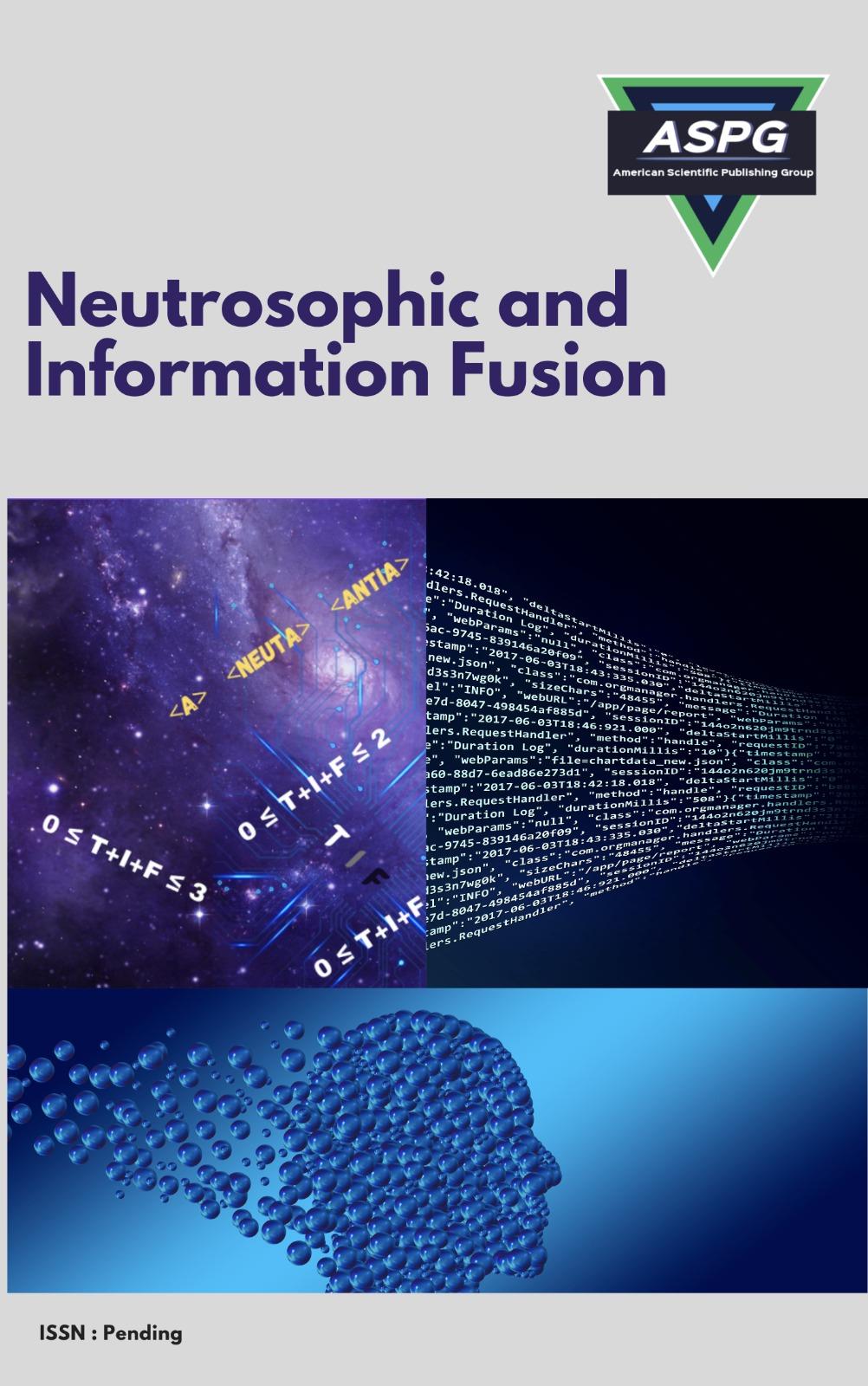

Volume 3 , Issue 2 , PP: 25-31, 2024 | Cite this article as | XML | Html | PDF | Full Length Article
Talal Markabi 1 *
Doi: https://doi.org/10.54216/NIF.030204
This research presents a novel simulation model of adaptive control to make a control process by using MIT rule adjustment mechanism, to power oscillation damping in the SMIB system and to measure its possible effects on the response of the damper by changing its parameters according to an external disturbance using Simulink. The results showed that the use of MRAC technique maintains the response of the damper when changing the transfer function due to external disturbance.
Matlab , Control , Simulation , POD
[1] Gain,P.2013, Design of a Model Reference Adaptive Controller Using Modified MIT Rule for a Second Order System. Advance in Electronic and Electric Engineering India, Vol.3,N°.4,477-484.
[2] Mosaad, M; Salem, F.2014, LFC based adaptive PID controller using ANN and ANFIS techniques. JESIT Egypt, Vol.1,N°.3, 212–222.
[3] Swarnkar, P. 2010, Effect of Adaptation Gain on system Performance for Model Reference Adaptive Control Scheme using MIT Rule. International Journal of Electrical and Computer Engineering India, Vol.4,N°.10, 1547–1552.
[4] Mohamed, I. 2017, Model reference adaptive control of STATCOM for grid integration of wind energy systems. IET UK, Vol.12,N°.5, 605-613.
[5] Kumar, R. Das, S.2016, Comparative assessment of two different model reference adaptive system schemes for speed-sensor less control of induction motor drives. IET.UK, Vol.10,N°.2, 141-154.
[6] Khanna, R. 2014, Maximum power point tracking using model reference adaptive control. IEEE USA, Vol.29, N°.3, 1490–1499.
[7] Raja, T.2018, Design of PI Controller Using MRAC Technique for the Control of DC Electromotor Drive. IJIREEICE India, Vol.6, N°.1, 36-44.
Oltean, S; Dula , M; Duka, A.2016, Model Reference Adaptive Control for Slow Processes. A Case Study on Level Process Control. Procedia Technology Romania, Vol.22, N°.1, 629-636.
[8] Barabanov, B; Ortega, R; Astolfi, A.2005, Is Normalization Necessary for Stable Model Reference Adaptive Control. IEEE TRANSACTIONS ON AUTOMATIC CONTROL, Vol.50, N°.9, 1384-1390.
[9] Kanojia, A; Chandrakar, V.2009, Damping of Power System Oscillations by using coordinated tuning of POD and PSS with STATCOM. World Academy of Science, Engineering and Technology 50, 1067-1072